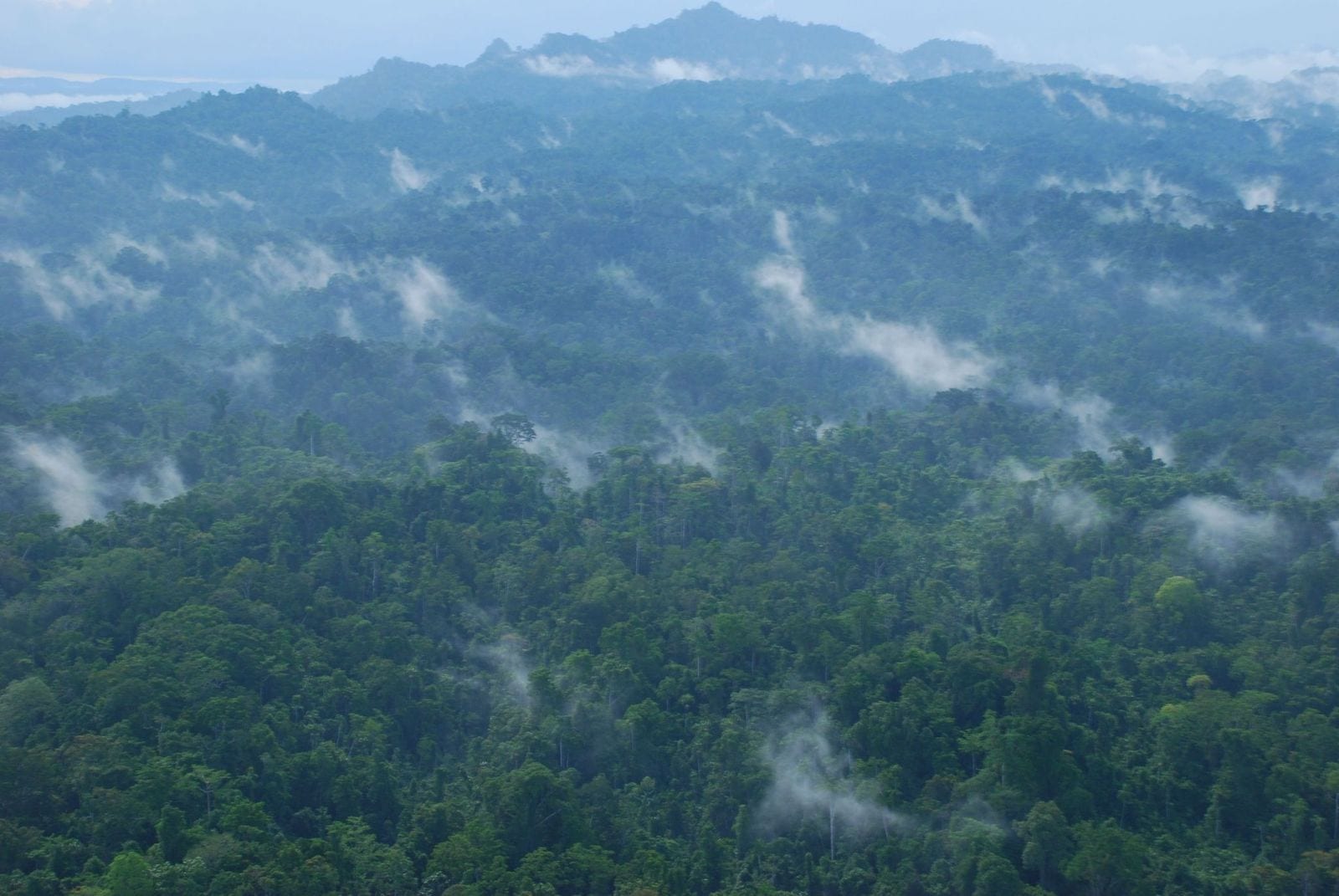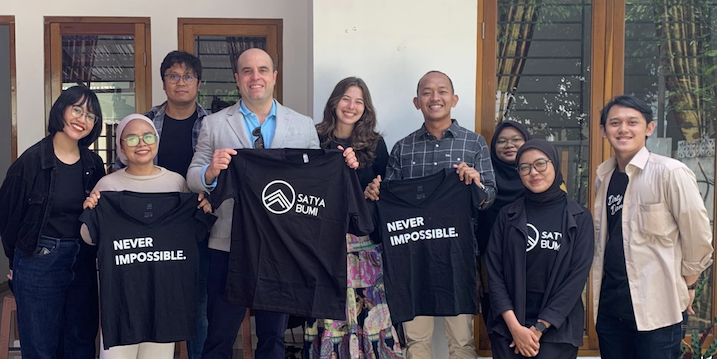
Mighty Earth Statement on Indonesian Omnibus Bill Advocacy
Mighty Earth works around the world to protect Nature, fight climate change, and support the rights of local communities. This work includes a major focus on protecting climate critical forests in Latin America, Central and West Africa, and Southeast Asia, including Indonesia.
Recently, web content circulated by an industry-backed, Australia-based entity has included a number of wildly inaccurate claims about Mighty Earth and other conservation organizations. These claims are part of a series of ongoing attacks on conservation organizations, governments, and companies that work to protect the environment and support sustainable development in Southeast Asia.
The motives of these attacks can only be guessed, but they won’t deter Mighty Earth from continuing to work to advance sustainable economic growth and environmental protection.
While we hope most of our audience in Indonesia and elsewhere understand that these claims are baseless, we just wanted to set the record straight.
We’re very proud of the work we’ve done to support the Indonesian government’s goals of protecting its forests and developing its economy. Indeed, we’ve helped persuade dozens of international palm oil companies operating in Indonesia to develop a profitable business model that protects forests, supports development of local communities, and drives billions of dollars of investments in smallholders and business alike, creating tens of thousands of jobs.
These efforts have supported President Joko Widodo’s “green growth” economic development objectives premised on “healthier, more productive ecosystems” and delivered real results. We are proud that our work has helped support the government’s efforts to reduce deforestation linked to the palm oil industry, which has decreased from 400,000 hectares per year to fewer than 100,000 in each of the last three years. This reduction in deforestation is a globally significant climate success story that Indonesia can be proud of, and which has fueled its economic growth.
This private sector action has provided an important complement to and support for Minister of Environment and Forestry Siti Nurbaya Bakar’s progress in fighting fires and conserving and restoring ecosystems. In sum, the Indonesian conservation agenda has allowed the Jokowi administration to bring Indonesia’s deforestation level to its lowest level since 2003. We are proud to have supported this success.
We have repeatedly applauded, in multiple international fora and in print, how Indonesia’s combination of government and private sector action has produced a gigaton scale climate success that, while incomplete, can provide a model for other countries and industries around the world. For more than a year, we’ve educated consumer goods companies, agribusiness, and investors about this globally significant Indonesian success to boost the development of a palm oil industry that protects Indonesia’s natural wonders and communities.
During the coronavirus crisis, we’re especially proud of our work to support the Jokowi administration’s efforts to protect the health of Indonesians. Haze from illegal burning of forests and peat has cut short the lives of tens of thousands of Indonesians. Covid makes people’s lungs especially vulnerable to haze. By working to ensure that private sector companies support government efforts to fight illegal burning, we are proud to have contributed to haze reductions that have supported the government’s emergency efforts to save Indonesians’ lives.
In this context of celebrating Indonesia’s remarkable conservation and development successes of recent years, we have expressed our concern about several provisions of the recently passed Omnibus law, which threatens that very success. We note that Indonesian civil society, environmental organizations, and international investors have voiced similar concerns about these same provisions. Mighty Earth respects and supports the Indonesian government’s duty to address the economic crisis created by the coronavirus pandemic through investment stimulus measures, but we’ve urged them to refrain from doing so at the expense of the country’s priceless treasures of rainforests and biodiversity.
Ultimately, we hope Indonesia can ensure that it continues to build on its recent environmental and economic successes rather than put them at risk. Instead of responding to the tens of thousands of people in Indonesia protesting provisions of the Omnibus bill, a handful of industry backers of the bill have tried to suggest that the Norwegian government is somehow behind our efforts to draw attention to the environmentally problematic aspects of the Omnibus bill. To be clear, we have never used Norwegian funding for our advocacy on the Omnibus bill. That being said, we are proud of our work to bring attention to the Omnibus Law, as we believe it risks undermining Indonesia’s own success.
Overall, our goal has always been to support the Indonesian government’s efforts to protect “Wonderful Indonesia” by centering forest protection and sustainable development at the heart of a healthy, prosperous economy that can work for all Indonesians. We remain firmly committed to that mission and look forward to more successful collaboration with the Indonesian government and private sector.


